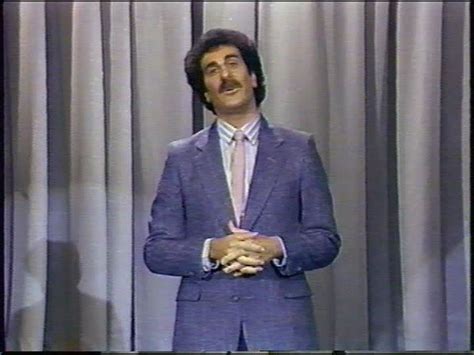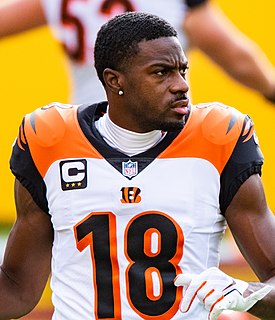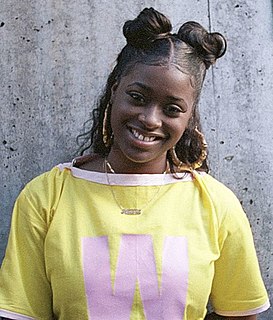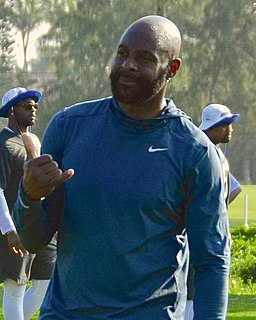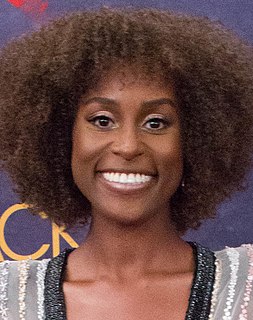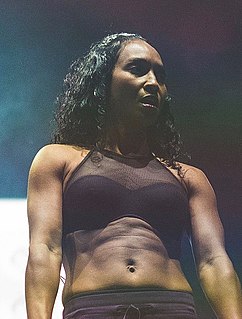A Quote by Ronnie Shakes
As a teenager I just wanted to fit in, just to be one of the boys. It was tough. I went to an all black school. I went so far as to have them print my negative in the yearbook. I think it was the black teeth that gave me away.
Related Quotes
Adults who loved and knew me, on many occasions sat me down and told me that I was black. As you could imagine, this had a profound impact on me and soon became my truth. Every friend I had was black; my girlfriends were black. I was seen as black, treated as black, and endured constant overt racism as a young black teenager.
The street is as diverse as any other sector, but in peoples' mind it gets appropriated as a black man who's tough. Trying to make it through by staying hard and phallocentric. To me, that is just an impoverished conception of what it is to be a black male. It doesn't do justice to my grandfather, my father, my brother - or just the black men I grew up with.
I have two brown boys I have to raise and I have to teach them the inequalities that being a black man comes with. That's a tough conversation to have with a young kid who doesn't see anything, who's always sheltered, who can get anything he wants, who's going to go to the best schools but at the same time he's a black boy and his dad is black.
I was born in Jackson, Mississippi, in 1969, in a time and place where no one was saying, Look how far weve come, because we hadnt come very far, to say the least. Although Jacksons population was half white and half black, I didnt have a single black friend or a black neighbor or even a black person in my school.
Like for 'Black Nails,' I just had black nails - and I never have black nails. It was my first and last time getting black nails. And that's so not normal for me. So when you're recording, you're up at the mic and you gotta name the file, so I just look down and I'm like, 'Black Nails!' That's literally what it was.
I was born in Jackson, Mississippi, in 1969, in a time and place where no one was saying, 'Look how far we've come,' because we hadn't come very far, to say the least. Although Jackson's population was half white and half black, I didn't have a single black friend or a black neighbor or even a black person in my school.
I wanted to make sure the focus [in The Land] was on human beings themselves and their decisions, but still connected to the urban environment that people associate as being black. I think I was able to make a film without commenting on "black this or black that" and you still feel the presence of it. There's no one character who's saying "we're all black and we're all in this struggle." It's that you just feel it. Some of that is because we get the sense from a lot of independent films that black people struggle all the time.
